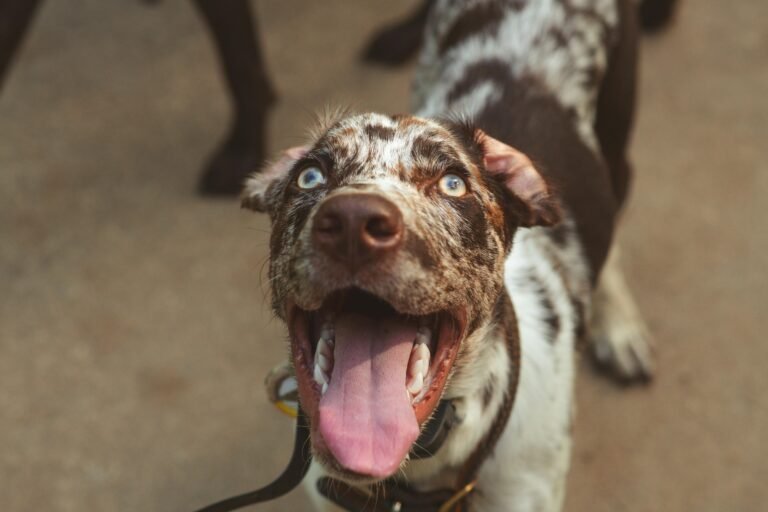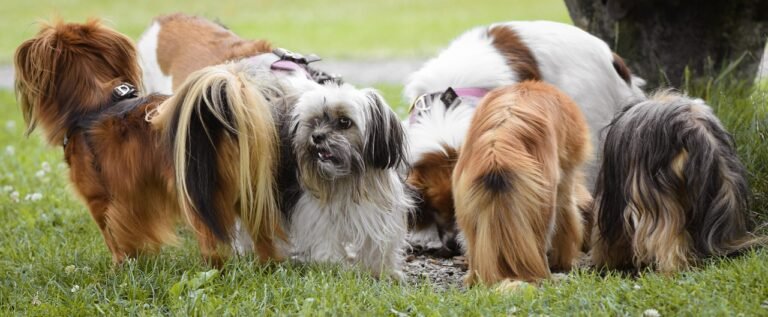Introduction
When it comes to choosing the perfect family dog, two breeds often rise to the top of the list: the Golden Retriever and the Labrador Retriever. These dogs are consistently among the most popular breeds in the United States and worldwide, loved for their intelligence, loyalty, and affectionate personalities. Yet, while they share many similarities, they also have distinct traits that might make one breed a better fit for your lifestyle than the other. This in-depth comparison explores their history, temperament, exercise needs, grooming requirements, health considerations, and overall suitability for different households.
Breed Origins and History
The Labrador Retriever originated in Newfoundland, Canada, in the 1800s. They were bred to assist fishermen by retrieving nets, fish, and ducks from icy waters. Later, British breeders refined the breed, focusing on hunting and field work. Their strong retrieving instincts, athleticism, and eagerness to please made them excellent sporting companions.
Golden Retrievers, on the other hand, were developed in Scotland in the mid-1800s by Lord Tweedmouth. The goal was to create the perfect hunting companion for retrieving game from both land and water. Goldens were bred by crossing Yellow Retrievers with the now-extinct Tweed Water Spaniel, along with Bloodhounds and Irish Setters. This heritage gave Goldens their characteristic golden coats, keen noses, and gentle temperaments.
Appearance and Physical Traits
At first glance, many people confuse the two breeds. Both are medium-to-large sporting dogs, but subtle differences set them apart:
- Golden Retriever: Males weigh 65–75 lbs; females 55–65 lbs. Their most recognizable feature is their flowing, golden-hued double coat, which ranges from pale cream to deep red. They have a feathery tail and soft, expressive eyes that give them their famously “kind” expression.
- Labrador Retriever: Slightly stockier, males weigh 65–80 lbs; females 55–70 lbs. Labs have short, dense, water-resistant coats in black, yellow, or chocolate. Their thick, “otter” tail helps with swimming, and their athletic build reflects their sporting heritage.
Temperament and Personality
Temperament often plays the biggest role in deciding which breed is the right fit. Both breeds are affectionate, eager to please, and highly social, but they differ in intensity and style:
- Golden Retriever: Goldens are known for their gentle, patient, and affectionate nature. They thrive in family environments, especially with children. They are slightly more sensitive than Labs, meaning they may be more attuned to human emotions and require a softer training approach. Goldens often bond deeply with their families and may experience separation anxiety if left alone too long.
- Labrador Retriever: Labs are outgoing, playful, and confident. They tend to be more rambunctious and energetic, particularly in their younger years. Their bold, enthusiastic personalities make them excellent companions for active households. Labs can also be strong-willed, so consistent training is essential.
Exercise and Activity Levels
Both breeds were developed as working dogs, so they require daily exercise and mental stimulation. However, their activity preferences differ slightly:
- Golden Retriever: Goldens enjoy steady, moderate activity. Long walks, hikes, swimming, and games of fetch are ideal. They are also excellent in agility and obedience competitions. While playful, they tend to mellow slightly faster than Labs as they mature.
- Labrador Retriever: Labs are bundles of energy, especially during their first three to four years. They thrive on vigorous exercise like running, swimming, and retrieving. Without sufficient outlets, Labs may develop destructive behaviors due to boredom. Active owners who enjoy outdoor sports often find Labs a perfect match.
Training and Intelligence
Both breeds are among the most intelligent dogs, consistently ranking in the top 10 for trainability. They learn quickly and respond well to positive reinforcement methods:
- Golden Retriever: Goldens are eager to please and highly cooperative. Their sensitivity means they respond best to gentle, reward-based training. They excel in therapy and service dog roles due to their calm, empathetic nature.
- Labrador Retriever: Labs are equally intelligent but can be more independent and strong-willed. Their high food motivation makes them responsive to treat-based training. They dominate in search-and-rescue, police work, and as guide dogs.
Grooming and Maintenance
Coat care is one of the areas where these breeds differ significantly:
- Golden Retriever: Goldens require regular brushing (at least 2–3 times per week) to manage their long, flowing coats. They shed heavily, particularly during seasonal changes, and their coats can mat if not properly maintained. Occasional trimming around ears, paws, and tail keeps them tidy.
- Labrador Retriever: Labs have short, dense coats that also shed year-round, with seasonal peaks. Weekly brushing usually suffices, but during heavy shedding, daily brushing can help control hair. Their low-maintenance coat is easier to care for compared to Goldens.
Health Concerns
Both breeds are generally healthy but share some common health risks due to their size and genetics:
- Golden Retriever: Prone to hip and elbow dysplasia, heart conditions, and a higher risk of cancer compared to many breeds. Regular vet checkups and maintaining a healthy weight are essential.
- Labrador Retriever: Common issues include hip dysplasia, elbow dysplasia, and obesity. Labs love food and can gain weight quickly, so portion control and regular exercise are critical.
Family Compatibility
Both breeds are excellent with children and other pets, but lifestyle compatibility matters:
- Golden Retriever: Ideal for families who want a calm, affectionate, and gentle dog that thrives in close-knit, home-centered environments.
- Labrador Retriever: Perfect for active families or individuals who enjoy outdoor adventures, sports, and a more energetic companion.
Lifespan and Long-Term Commitment
Golden Retrievers typically live 10–12 years, while Labrador Retrievers average 11–13 years. Both require long-term commitments to training, exercise, and health care, but the joy they bring makes every year worthwhile.
Conclusion
Choosing between a Golden Retriever and a Labrador Retriever is less about which breed is “better” and more about which breed aligns with your lifestyle. Goldens are sensitive, affectionate companions who thrive in calm, loving households, while Labs are bold, playful, and perfect for active owners. Both breeds will reward you with loyalty, love, and unforgettable moments. Whichever you choose, you’ll be gaining not just a pet, but a lifelong best friend.






